Search Results for: Forests
Skip to resultsCan’t find what you’re looking for? Visit our FAQ page.
5,531 results for: Forests
-
 Astronomy
AstronomyAstronomers prepare for 2017 solar eclipse spectacle
With one year to go, researchers are making plans for studying both the sun and Earth during the August 2017 total solar eclipse.
-
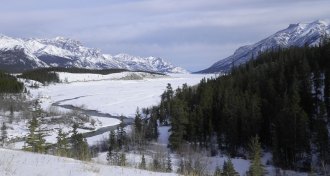 Paleontology
PaleontologyHumans may have taken different path into Americas than thought
An ice-free corridor through the North American Arctic may have been too barren to support the first human migrations into the New World.
-
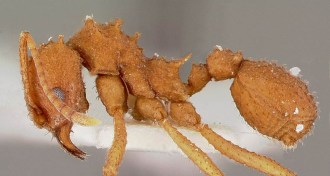 Animals
AnimalsTiny ants move a ton of soil
For the first time, scientists have quantified how much soil ants move underground.
-
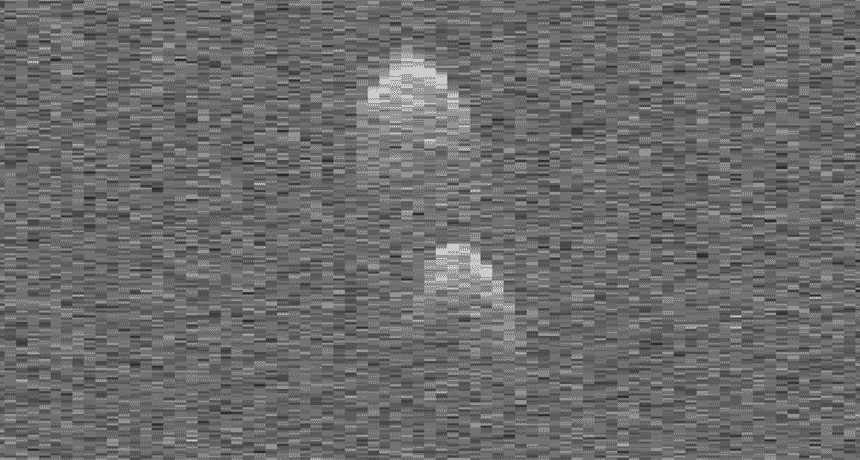 Astronomy
AstronomyAsteroid Day is a chance to learn about space and plan for disaster
Asteroid Day on June 30 tries to raise awareness about the hazards of an asteroid impact and what we could do to stop it.
-
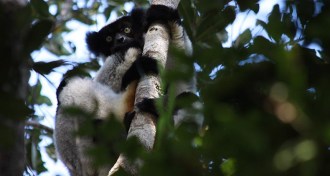 Animals
AnimalsLemurs sing in sync — until one tries to go solo
Indris, a lemur species in Madagascar, sing in synchrony and match rhythm, except for young males trying to stand out.
-
 Plants
Plants‘Lab Girl’ invites readers into hidden world of plants
In Lab Girl, geobiologist Hope Jahren reveals secret lives of plants — and scientists.
By Meghan Rosen -
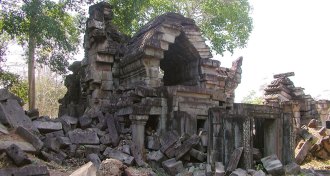 Archaeology
ArchaeologyLidar maps vast network of Cambodia’s hidden cities
Laser survey unveils the extent, and the mystery, of Southeast Asia’s Khmer Empire
By Bruce Bower -
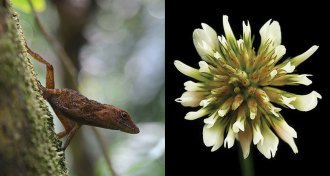 Life
LifeCities create accidental experiments in plant, animal evolution
To look for evolution in human-scale time, pick a city and watch a lizard. Or some clover.
By Susan Milius -
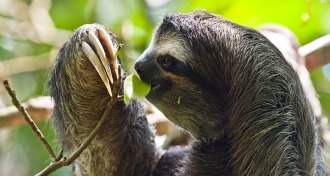 Animals
AnimalsThree-toed sloths are even more slothful than two-toed sloths
The three-toed sloth Bradypus variegatus has the lowest field metabolic rate ever recorded, a new study finds.
-
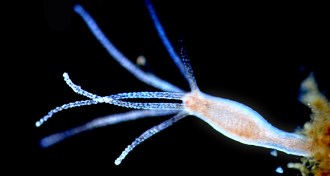 Animals
AnimalsOrganisms age in myriad ways — and some might not even bother
There is great variety in how animals and plants deteriorate (or don’t) over time.
By Susan Milius -
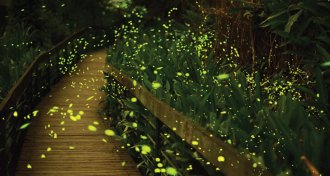 Animals
Animals‘Silent Sparks’ illuminates fascinating world of fireflies
In a new book, a firefly researcher explores why scientists and kids alike are captivated by lightning bugs.
By Sid Perkins -
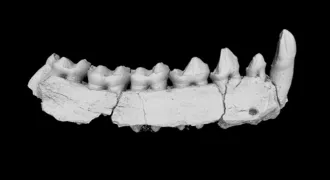 Anthropology
AnthropologyAsian primates hit hard by ancient climate change
Chinese fossils suggest primates diverged in Asia and Africa around 34 million years ago.
By Bruce Bower